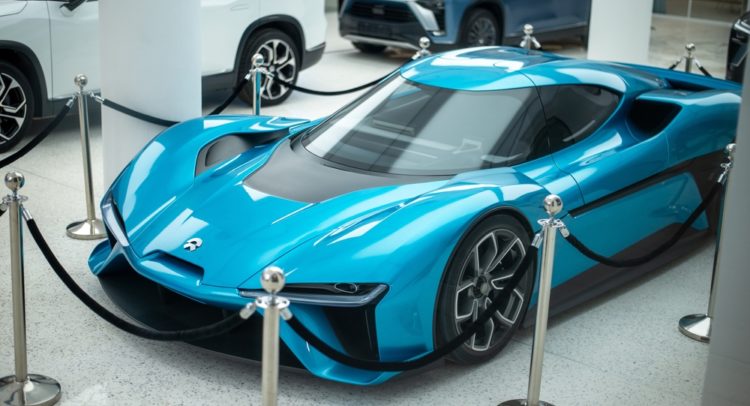Chinese EV maker NIO (NIO) has seen its shares slide 42.2% so far in 2022. Despite a host of recent positives, including the lifting of COVID-19 curbs and rising deliveries, shares are down 18% over the past month alone.
Invest with Confidence:
- Follow TipRanks' Top Wall Street Analysts to uncover their success rate and average return.
- Join thousands of data-driven investors – Build your Smart Portfolio for personalized insights.
Nonetheless, Grizzly Research has accused NIO of exaggerating its numbers, and short interest in the stock currently stands at about 5.2%. NIO also faces potential delisting of its ADRs and is on the SEC’s list of 86 companies facing this risk.
These are major headwinds. Earlier this month, NIO provided an update on its response to the short seller report. NIO’s board and audit committee reviewed the allegations and are forming an independent committee to undertake an independent investigation. This committee has also roped in independent professional advisors, an international law firm, and a forensic accounting firm in this regard.
Moreover, China has committed to reducing subsidies for New Energy Vehicles (NEVs) from 2020 to 2022, which means there will be no subsidies by 2023. Concurrently, the Chinese government is looking to prop up the industry with extended tax breaks and credit alternatives.
In June, NIO’s vehicle deliveries jumped 84.5% sequentially and 60% over the prior year, indicating the company is bouncing back strongly from its lockdown woes.
Although NEV sales continue to rise for now, how the withdrawal of subsidies and changing consumer patterns amid tightening budgets impact NEV sales remains to be seen.
Wall Street’s Take on NIO
In the meantime, the Street continues to be buoyant about the stock with a Strong Buy consensus rating and an average price target of $33.66, implying a 74.13% potential upside.

Retail Investors Are Jumping the Ship
On the other hand, our data dive at TipRanks indicates investor sentiment in the stock remains negative. Although 10.1% of all portfolios on TipRanks hold NIO, the number has dropped off by 0.8% in the past 30 days alone.

Closing Note
Despite the fall in share price, NIO shares aren’t exactly attractive yet. A beta of 1.46 makes the stock pretty volatile, and a price-to-sales ratio of 5.41 means investors will have to shell out nearly 5.5x to buy each dollar sale of the company.
Read full Disclosure









